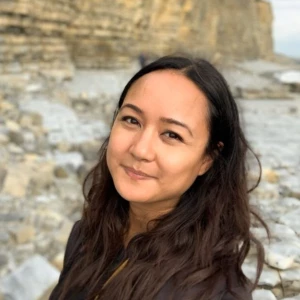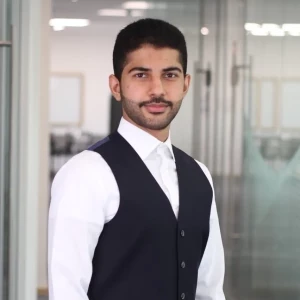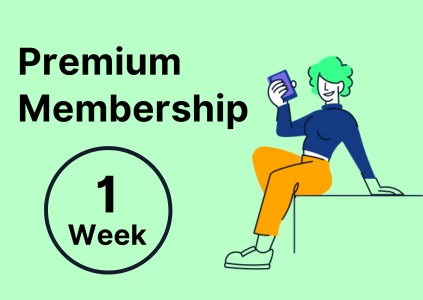Do I have to explicitly mention a hypothesis during an interviewer-led case interview such as the one with McKinsey? I read a lot of resources online telling that it is crucial to have a hypothesis, to the extend of failing the interview if I don't have one. I somehow feel that the hypothesis is more suitable to be used for an interviewee-led case because the issue tree / framework develops gradually. For interviewer led, how does one state a hypothesis but then come up with a broad & comprehensive issue tree / framework for the case? I don't see how a hypothesis could be relevant in this regard. Hope someone can enlighten me on this. Thanks.
Hypothesis in McKinsey Interviewer Led Interview


I see a lot of confusion amongst candidates on this topic of hypothesis: when to have one, what it should sound like, is it fixed, etc.
Let's think through this logically. First, what is a hypothesis testing in an interview? It is essentially checking if you have the right "gut feel" about ambiguous business problems. Why is that important? To save time in a consulting engagement. A large company with falling sales might have 100 reasons causing that problem and if you try to "carpet-bomb" for an answer it'll take you years. A good consultant would ask some key high-level questions and narrow the causes to top 4-5 investigations. That's basically it.
Second: when to state a hypothesis? Never at the beginning. Why? Because at that point you are just guessing and guessing will get you out. Once you get a case, ask some clarifying questions first, and try to get a good sense for the "environment" this case is built in. Only then try to frame a structure and a hypothesis.
Thirs, HOW to state the hypothesis? This is best illustrated by an example. For example, say you were given a case about a MFG firm losing margins. It could be because (1) prices are falling (2) volumes are falling so per-unit economics become bad (3) costs are rising or (4) none of the above, we are just selling a lot more of the lower margin products. So, to have a hypothesis here you could ask a few questions around: has anything changed in terms of the overall economy (if not, demand might have stayed same); have competitors suddenly become more aggressive (if yes, prices wars are likely); is it a commodity product (again, price war); has anything shifted in suppliers (cost issue), etc. Based on your line of Qs, you might realize that it COULD be a price/vol/cost issue and you may say "My thinking right now is that it's a COST issue because the economy is healthy and we are still the leading firm in the industry but there has been some shuffling around in the labor market which may have impacted our variable/fixed costs".
Hope this helps.
Hemant

From what I understand speaking with those most knowledgeable of McKinsey, you can present your structure in a manner framed as a hypothesis. I think you are correct in your asusmption that the hypothesis is more suitable for interviewee led cases, however there is a way you can share your structure to let the interviewer know what you want to explore and why...i.e. "In order to explore entering the chinese market, we should focus on these things.....(explain structure)...." I'm not an expert but it seems to be sound advice.

I agree with Jeff, as it sounds like sound advice ;) What is also quite common in my experience is that the interviewer gives you a hypothesis that you have to evaluate












